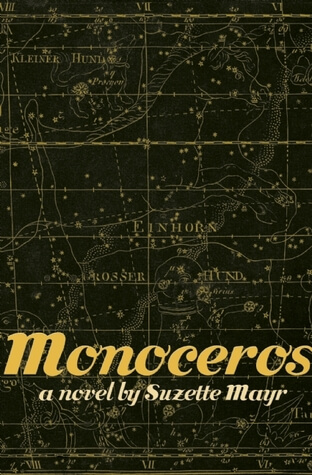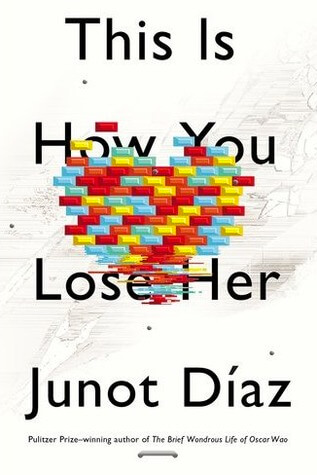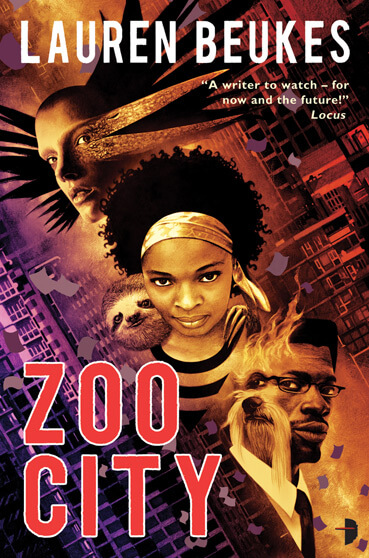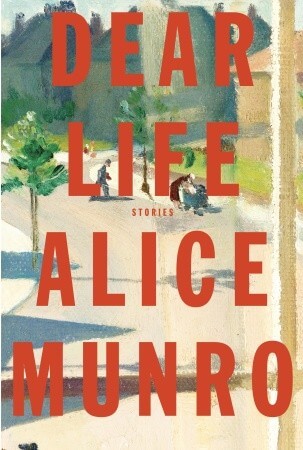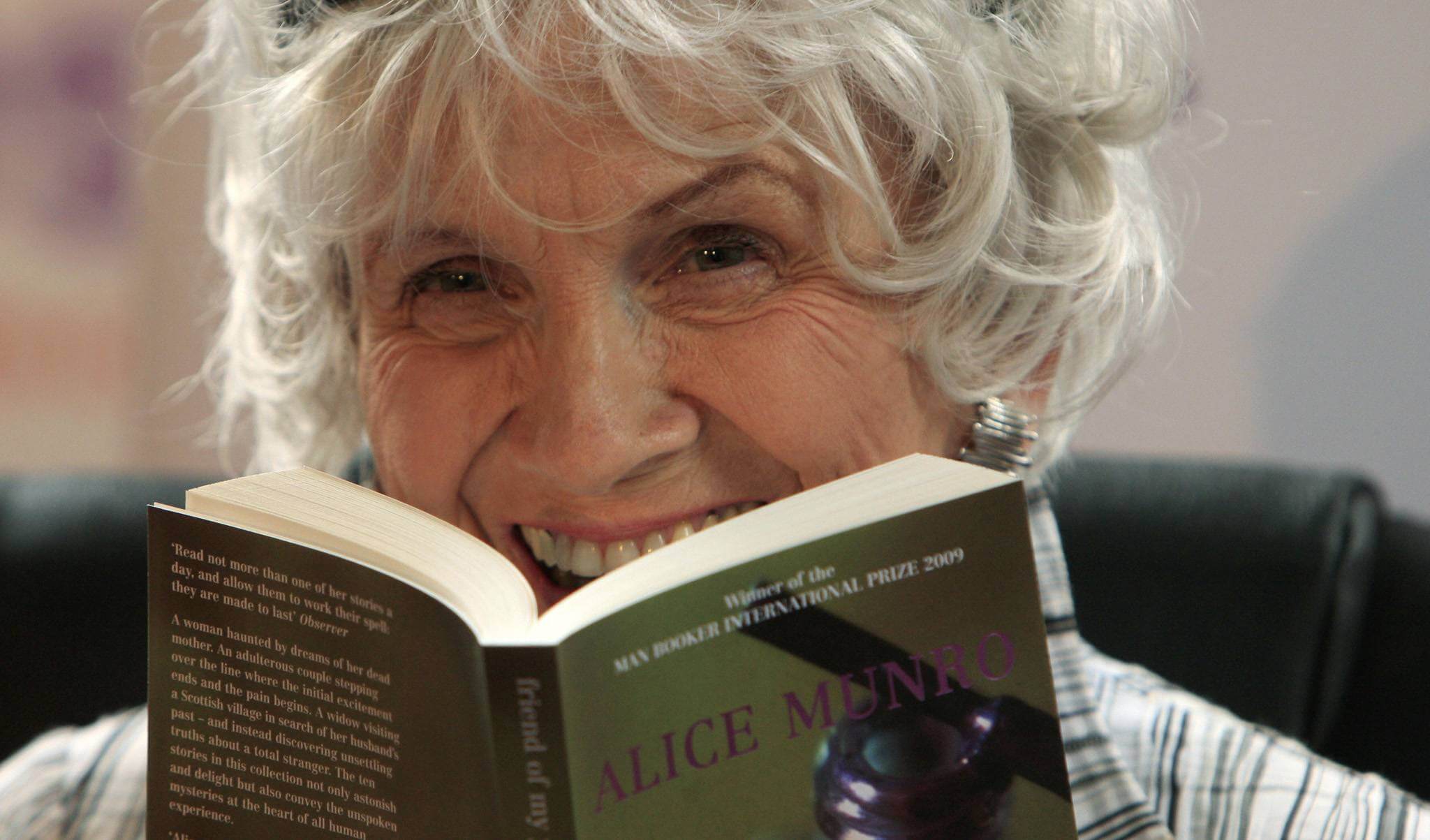
On the evening of November 2nd, 2013, a sold-out crowd at the International Festival of Authors rose in a standing ovation at the urging of editor extraordinaire Douglas Gibson, who asked us to “hoot, and holler, and clap our hearts out” so that Alice Munro could hear us all the way in Victoria, BC, where she’s wintering with her daughter. The Fleck Dance Theatre was packed to the rafters, and we were all on our feet, shouting out our love and admiration for the divine Ms. Munro.
Alice Munro has been a quiet giant of the Canadian and international literary landscape for decades, publishing short fiction that reverberates with authenticity about lives, journeys, small towns, and the roles women play. On August 1st (two months before Ms. Munro became the first Canadian ever to win the Nobel Prize for literature), IFOA announced a tribute to her, a “‘who’s-who’ of Canada’s literary community, including other writers, close colleagues and family members, as they present readings of Munro’s work.” From newer works such as Dear Life and Too Much Happiness to canonical classics Lives of Girls and Women and Runaway, Ms. Munro’s short stories have been a touchstone and a revelation to me—and to many others. The promised who’s-who brought a thrilling mix of authors to the stage: joining host Gibson was Jane Urquhart, Miriam Toews, Colum McCann, Alistair MacLeod, and Margaret Drabble.
Continue reading “The Event: A Tribute to Alice Munro at IFOA 2013”

